Why Does My Garage Door Start to Open and Then I Must Run It Back Down a Little Then Up Again
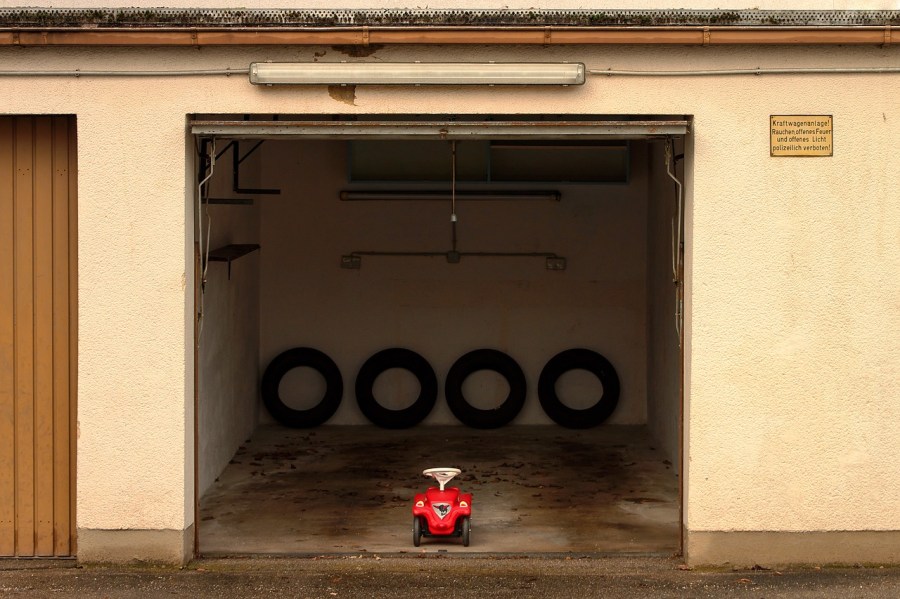
Whether you're completing a new construction or replacing something old and faulty, garage door installation isn't necessarily easy. There's more to think about than just the cost of new garage doors. If you're thinking about DIYing this project, these considerations should help you decide whether you're up for the challenge.
Project Complexity
Installing a new garage door isn't a simple task. Depending on who you ask, this can be considered a moderately difficult to expert-level project. In addition to requiring precision — an improperly installed garage door is not only a potential nuisance but also a potential hazard — this is a project that requires a lot of time, patience and muscle.
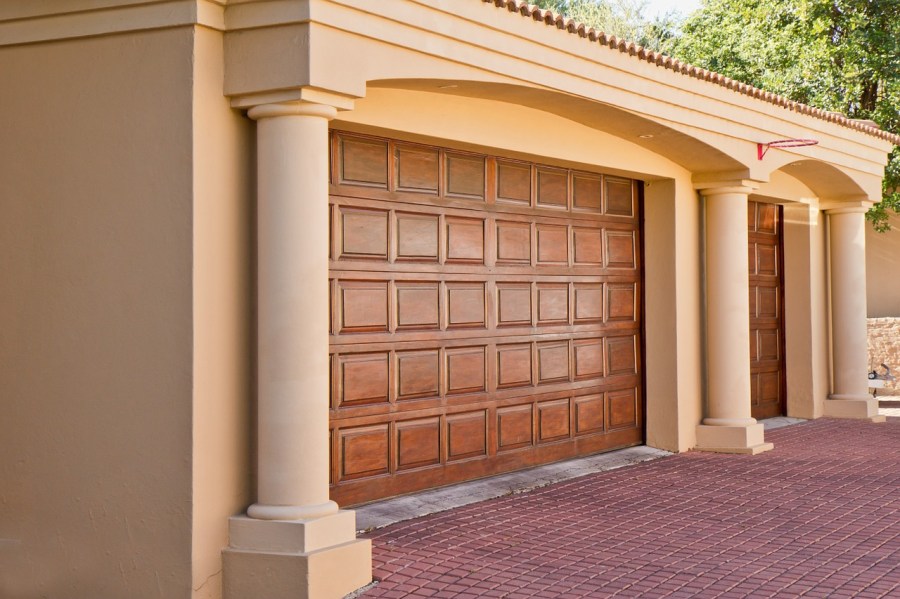
In addition to being complex, garage door installation typically requires more than one person. Each garage door is likely to weigh between 150-450 pounds, and since they're so large and unwieldy, it can be dangerous to try to install them alone.
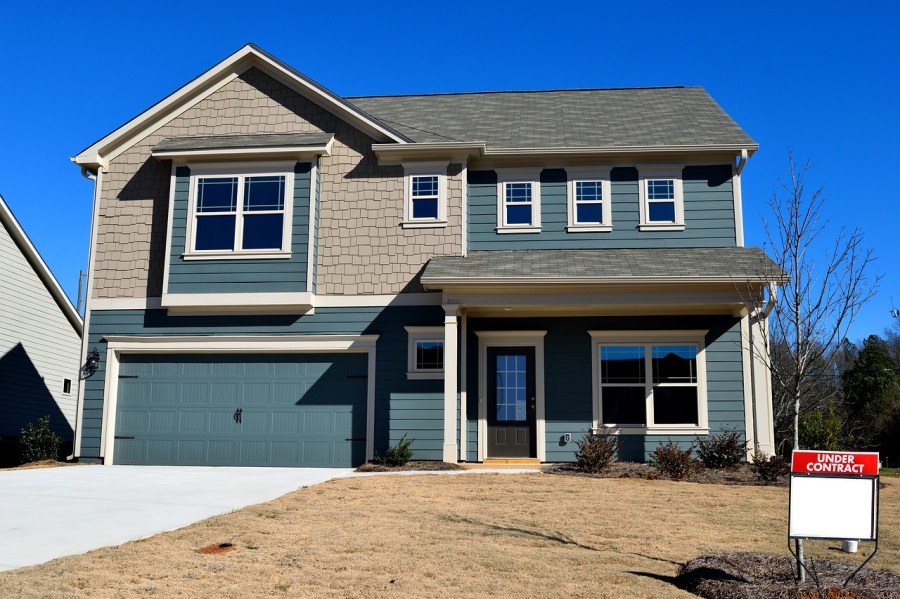
Spring Types
Garage doors rely on the use of springs to generate enough tension to raise and lower the door without crashing it down all at once. There are two different spring types: torsion and extension. Torsion springs tend to be quieter and operate better.

Torsion Spring Danger
Though torsion springs are preferable for a few reasons, they are very dangerous to work with directly. There are some DIY models that you can tension without knowing a lot about the mechanics of the thing, but in general, you should call in a professional to help when installing or removing torsion springs.

Materials
Garage doors are available in a variety of different materials, including wood and steel. While aesthetics may influence your initial decision, it's important to consider durability and weight when choosing a garage door material. Steel tends to be the lightest and most durable option.
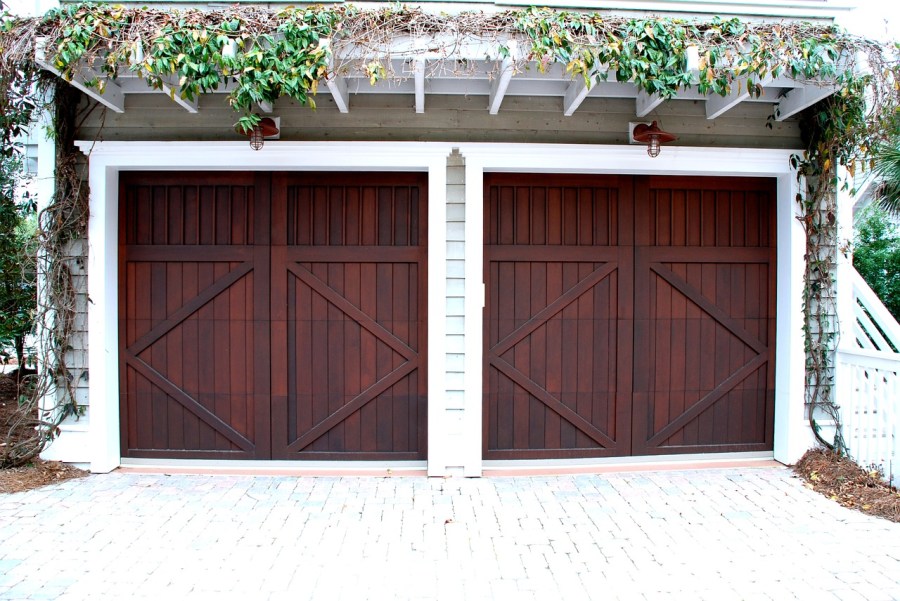
Insulation Value
Your garage door is responsible for covering up a massive opening into your home. Even if you have a detached garage, you'll still want to protect what's inside from extreme temperatures. Different garage doors may have different insulation ratings. If you live somewhere with extreme weather, this is worth paying attention to.

Purchase Timing
The fact that garage doors are so large means that most stores don't keep them in stock, so whether you buy online or from a physical store, you'll probably have to wait for delivery. This means you'll want to time your purchase right so you don't take your old garage door off too soon.
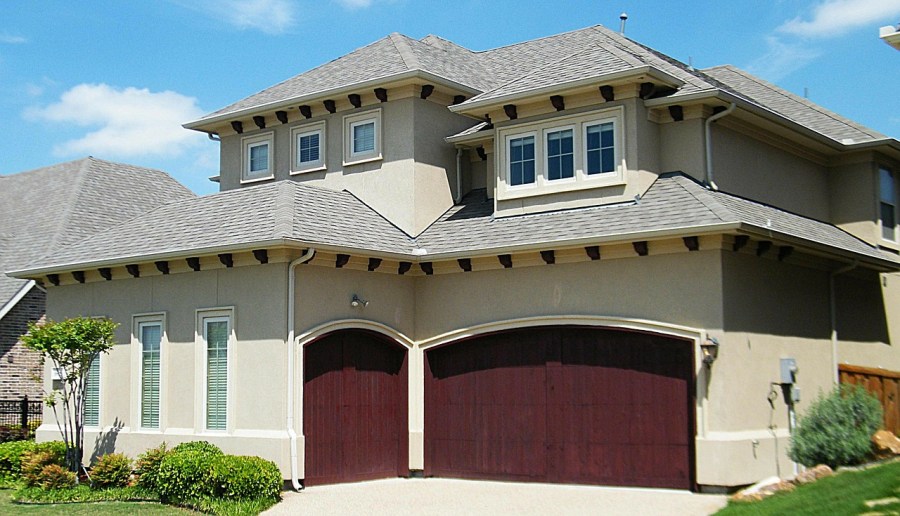
Important Safety Features
It's important that you choose a garage door with adequate safety features. These include an auto-reversing mechanism connected to sensors known as photoelectric eyes. These features combined make it possible for the garage door to detect whether something is in the way when it's closing and, if necessary, reverse to open all the way.

Opener Switch Placement
It's essential to consider placement of every part of the garage door opener system, including any wall-mounted openers. In general, it's best to set these high enough that very young children can't reach them, but low enough that older children can. Five feet is generally a good height.
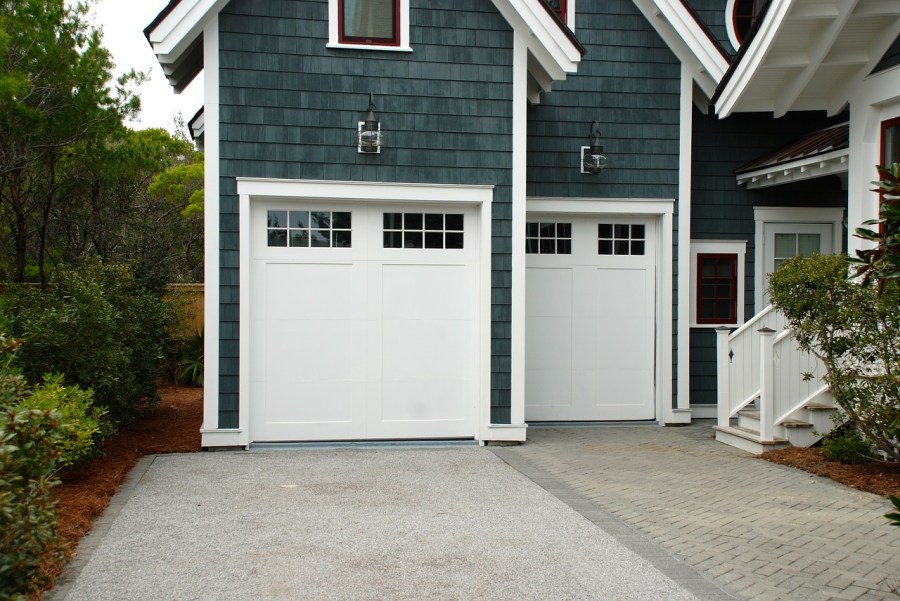
Safety During Installation
You'll need a variety of different tools for installation, ranging from a drill and pliers to sawhorses and stepladders. But you'll also want to use safety equipment like protective glasses and gloves. If you aren't sure whether you can safely do a DIY installation, leave it to the pros.

MORE FROM QUESTIONSANSWERED.NET
Why Does My Garage Door Start to Open and Then I Must Run It Back Down a Little Then Up Again
Source: https://www.questionsanswered.net/article/10-things-know-about-garage-door-installation?utm_content=params%3Ao%3D740012%26ad%3DdirN%26qo%3DserpIndex
0 Response to "Why Does My Garage Door Start to Open and Then I Must Run It Back Down a Little Then Up Again"
Post a Comment